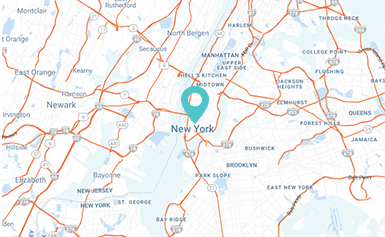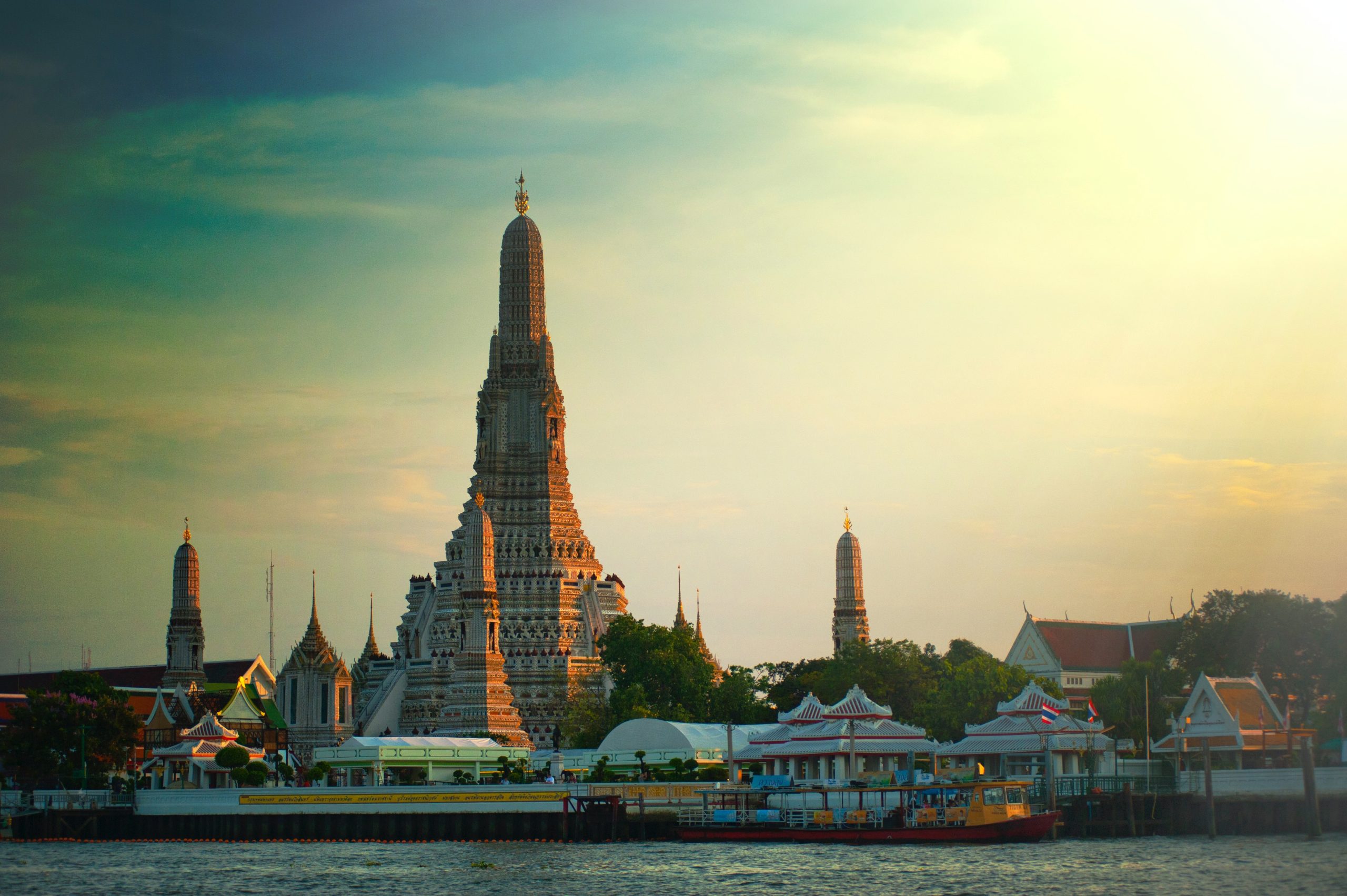Thailand Travel Requirements: Your Gateway to Exotic Adventure
Thailand, with its enchanting temples, stunning beaches, bustling markets, and rich cultural heritage, has long been a dream destination for travelers worldwide. However, before you embark on your Thai adventure, it’s crucial to understand Thailand travel requirements and preparations necessary to make your journey seamless and enjoyable.
In this comprehensive travel blog, Green Sun Travel will walk you through the essential Thailand travel requirements, ensuring that your trip is everything you’ve ever imagined.
What are Thailand Travel Requirements?
1. Passport and Visa Essentials
Passport Validity:
Before you even book your flight, check your passport’s expiration date. Your passport should be valid for at least six months beyond your planned departure date from Thailand. Renew your passport if it’s about to expire to avoid any last-minute complications.
Visa Types and Eligibility:
Thailand offers various visa options depending on the purpose and duration of your visit. The most common ones include tourist visas, transit visas, and non-immigrant visas for work or study. Research which visa category applies to your trip and apply accordingly. For many nationalities, a tourist visa exemption allows stays of up to 30 days (or longer in some cases) without requiring a visa in advance.
Visa Extensions:
If you plan to stay longer than the initial visa allows, you can apply for a visa extension within Thailand at an immigration office, which involves necessary documents and fees. Extensions are typically granted for periods of 30 or 60 days.

2. Vaccinations and Health Precautions
Required and Recommended Vaccinations:
Ensure you are up to date on routine vaccinations, such as measles, mumps, and rubella (MMR), and consider vaccines for hepatitis A and typhoid, which are recommended for travelers to Thailand. Depending on your travel plans, you might also need vaccinations for diseases like rabies or Japanese encephalitis. Consult with a travel clinic or healthcare provider for personalized advice.
Health Insurance Coverage:
Having comprehensive travel insurance is a must. Ensure your policy covers potential medical emergencies, including COVID-19-related expenses. Thailand has excellent healthcare facilities, but medical costs can be high without insurance. Check that your policy also covers any activities you plan to participate in, such as adventure sports.
3. COVID-19 Considerations
COVID-19 Entry Requirements:
Due to the ongoing pandemic, Thailand has specific entry requirements that may change frequently. These requirements may include pre-arrival COVID-19 testing, quarantine periods, and health insurance coverage for COVID-19-related expenses. Check the latest information from official sources and your airline before traveling.
Health and Safety Guidelines:
Thailand travel requirements have implemented health and safety measures to prevent the spread of COVID-19. These measures may include mask mandates, social distancing rules, and capacity limits in public places. Be prepared to follow these guidelines during your stay. It’s also a good idea to carry a supply of masks and hand sanitizer for personal use.
4. Booking Flights and Accommodation

Flight Booking Tips:
When booking flights to Thailand, consider factors like the best time to visit Thailand (avoiding peak seasons if possible), finding deals on airfare, and selecting airports that suit your itinerary. Bangkok’s Suvarnabhumi and Don Mueang are common entry points, but there are other international airports in the country as well.
Accommodation Options:
Thailand offers a wide range of accommodations, catering to different budgets and preferences. Depending on your budget and travel style, you can choose between hotels, hostels, guesthouses, or even Airbnb properties. Research and book your accommodations in advance for the best options, especially during peak tourist seasons.
Staying Up-to-Date with Travel Advisories:
Stay informed about travel advisories, which can change rapidly. Check the latest information from reputable sources, such as your country’s embassy or consulate in Thailand, the U.S. Department of State’s travel advisories, or the World Health Organization (WHO).
5. Arrival and Immigration
Navigating the Airport:
Arriving in a foreign country can be overwhelming, but Thailand’s airports are generally well-organized and easy to navigate. Familiarize yourself with the arrival procedures and transportation options at your chosen airport. Most major airports have clear signage in English to assist travelers.
Immigration Process:
When you land in Thailand, you’ll go through immigration, where officers will inspect your documents. Make sure you have your passport, visa (if required), and any supporting documents ready for inspection. The immigration process is usually straightforward, but following the rules and being polite is essential. Be prepared to provide information about your accommodation in Thailand, so have your booking details handy.
6. Currency and Financial Planning
Local Currency and Denominations:
Thailand’s currency is the Thai Baht (THB). Familiarize yourself with the local currency, including banknotes in denominations of 20, 50, 100, 500, and 1,000 THB, as well as coins with values of 1, 2, 5, and 10 THB.
Currency Exchange and ATMs:
Know where to exchange your money, such as banks or reputable exchange booths, for the best rates. Thailand has an extensive network of ATMs, making it easy to withdraw cash in the local currency. Ensure your debit or credit card is internationally compatible, and inform your bank of your travel plans to avoid any issues with ATM withdrawals.
Managing Expenses and Budgeting:
Set a daily budget for your trip, including expenses for accommodation, food, activities, and transportation. Keep track of your expenses using a mobile app or a small notebook to stay within your budget and identify any unnecessary expenditures. Bargain strategically in markets and local shops to get a fair deal but remember to be respectful in negotiations.
Basic Thai Phrases:
While many Thais in tourist areas speak English, learning a few Thai phrases can go a long way in building rapport and showing respect. Familiarize yourself with common greetings, polite expressions, and essential phrases for ordering food or asking for directions.
Learning some basic Thai phrases can greatly enhance your travel experience in Thailand and help you connect with locals. Here are some essential phrases that are commonly used in daily Thai life:
- Hello – สวัสดี (sawasdee)
- Goodbye – ลาก่อน (laa kon)
- Yes – ใช่ (chai)
- No – ไม่ (mai)
- Thank you – ขอบคุณ (khob khun)
- Please – โปรด (prôd)
- Excuse me / Sorry – ขอโทษ (kho thôt)
- How much is this? – นี่เท่าไหร่ (nîi thâo rài)
- I don’t understand – ฉันไม่เข้าใจ (chăn mai kâo jăi)
- Help – ช่วยด้วย (chûai dûay)
- Water – น้ำ (nám)
- Food – อาหาร (aa-hăan)
- I’m lost – ฉันหลงทาง (chăn lŏng thaang)
- My name is [Your Name] – ชื่อของฉันคือ [Your Name] (chûa khăwng chăn khûe [Your Name])
- I need help – ฉันต้องการความช่วยเหลือ (chăn dtông gaan khwaam chûai lĕua)
- What is this? – นี่คืออะไร (nîi khŭ ae răi?)
- I’m a tourist – ฉันเป็นนักท่องเที่ยว (chăn bpen nák thông thîao)
- Good morning – สวัสดีตอนเช้า (sawasdee dton cháo)
- Good night – สวัสดีราตรีสวัสดิ์ (sawasdee râa-dtree sawas-dì)
Conclusion: Embark on Your Thai Adventure
With these Thailand travel requirements in mind, you’re well on your way to experiencing the magic of the Land of Smiles. Thailand offers a tapestry of experiences, from vibrant city life to serene beaches and ancient temples to modern markets. Your adventure begins with proper preparation and an understanding of these requirements.
Remember that each traveler’s journey is unique, and thorough planning Thailand travel requirements ensures a smoother and more enjoyable experience. Stay tuned for the next installment, where we’ll provide even more insights to make your Thai adventure a journey of a lifetime! Thailand awaits, and your adventure begins now.







